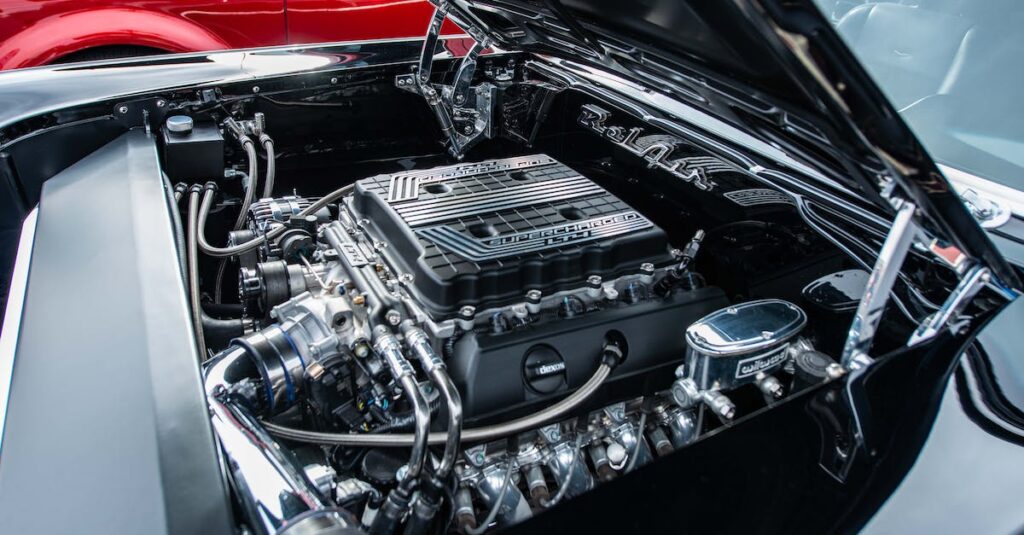The automobile industry has come a long way since the days of the Model T. As technology advances, cars have become more efficient, safer, and more connected than ever before. And this is just the beginning. Here’s a look at some upcoming models and innovations that are shaping the cars of the future.
Electric Cars
Electric cars are no longer a new thing, but they’re getting better all the time. One of the biggest challenges for electric vehicles was their limited range, but new models are starting to change that. For example, the Tesla Model S can travel up to 400 miles on a single charge, which is close to the range of most gas-powered cars. And with more charging stations popping up all the time, range anxiety is becoming less of a concern for drivers.
Autonomous Cars
Self-driving cars are no longer a thing of the future – they’re already here. While not yet available to consumers, companies like Waymo and Tesla are testing their autonomous technology on the streets right now. The benefits of self-driving cars are many – they can reduce accidents, improve traffic flow, and free up time for drivers to do other things. But there are also concerns about safety and job loss in the transportation industry.
Connected Cars
Cars are increasingly becoming more connected, which means they can communicate with other cars, road infrastructure, and even the driver’s smartphone. This can lead to a better driving experience, with real-time traffic updates, weather alerts, and even entertainment options. However, it also raises concerns about privacy and safety, since hackers could potentially gain access to the car’s systems.
Hybrid Cars
Hybrid cars have been around for a while, but they’re still improving. The Toyota Prius, one of the most popular hybrid models, now gets up to 54 miles per gallon. And with more and more hybrid and electric models hitting the market, gas-powered cars may soon become a thing of the past.
Alternative Fuel Cars
While electric and hybrid cars get a lot of attention, there are other alternative fuels that could power cars in the future. For example, fuel cell technology creates energy through a chemical reaction between hydrogen and oxygen, emitting only water vapor as a byproduct. This technology is still in the early stages, but it could be a game-changer for the automotive industry.
Innovations in Safety
Cars are becoming safer all the time, with features like lane departure warnings, automatic emergency braking, and adaptive cruise control. And with the development of


